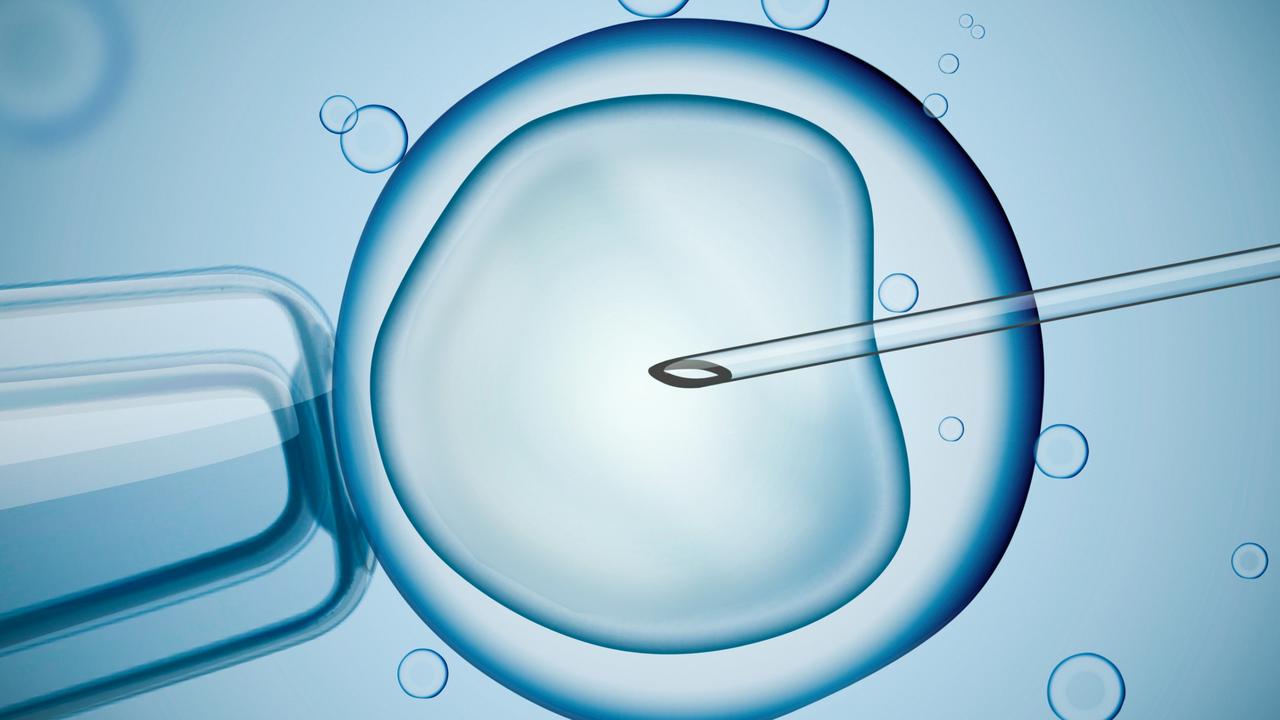How many carbohydrates should you actually be eating?
LOW carb diets have been pushed on people seeking rapid weight loss for years now. But are they actually effective?

Health
Don't miss out on the headlines from Health. Followed categories will be added to My News.
ANOTHER day, another diet headline and this time it is the role of low carb diets and weight loss under the spotlight. Low carb diets are not a new discovery, in fact low carb diets have been used by both clinicians and in specific weight loss programs that promote rapid weight loss for many years. The general principle is: reducing the proportion of calories we consume from carbohydrates will result in burning a greater proportion of fat.
Fans of this approach can bombard you for hours with their staunch beliefs on the benefits of such a dietary approach. But the truth is there is growing evidence which shows a low carbohydrate approach should be considered in the dietary mix, albeit once we clearly define what is meant by the description ‘low carb’.
If we look back 50 years or so ago, low carb diets were focused on inducing ketosis, or the metabolic process that sees a shift from the body burning glucose from carbohydrates, to ketones which are produced from the breakdown of fat in the body when our total intake of carbohydrate is particularly low (less than 50g-80g of total carbohydrates).
This approach was appealing to the dietary masses who believed a shift to rapid weight loss via fat burning appeared far more efficient than the relatively slow weight loss achieved via a lower intake of total fat and calories. While this approach can be highly effective, ketosis is actually not that easily achieved, simply as daily life tends to see humans munching and grazing through the day on little extras that tend to slip in without us realising it, very quickly shifting us out of ketosis. It could also be argued that weight loss primarily via ketosis is a challenging dietary approach to maintain long term as the average person tends to enjoy eating bread, cereal, fruit and grains.
Still, debate about the ‘best’ diet for weight loss continues. A newly published meat-analysis compared a traditional low fat dietary approach to a lower carb approach for weight loss.
It found that while both dietary approached yielded positive outcomes for both weight loss and cardiovascular disease risk, it appears that the lower carb approach also has superior weight loss results long term. Now while this is just one scientific paper (admittedly funded by a research group with a vested interest in low carb diets), it does not change what the data of 17 trials showed, ultimately suggesting that low carb dietary approaches do need serious consideration and further evaluation before being refuted by public health organisations entirely.
Most confusing of all is the wide and varied definitions of what ‘low carb’ actually means — what was once a diet in which carb intake was exceptionally low, just 1-2 serves or less than 50-80g per day, has suddenly been translated into less than 120g of total carbohydrate, which I would argue is not so low at all. 120g of total carbohydrate per day equates to roughly 30-40 per cent of total calorie intake for a small female and can be described as a ‘moderate’ reduction in carbs as opposed to ‘low’ as previously defined. In real food terms, 120g of total carbs is quite a lot of carbs — it equals a couple of slices of bread, a couple of pieces of fruit and a serve of starchy vegetables — not a bad mix if you are after weight loss that is sustainable.
It also makes sense — our muscle cells are the cells in the body that are actively burning fuel on a daily basis. If we are all far less active than we have ever been, it makes sense that our muscles are burning far less total fuel from glucose and we will require fewer carbohydrates to remain weight stable, and to lose weight. You do not need a research trial to investigate the obvious — less movement means fewer carbs or put simply, a reduced carb approach, not necessarily a ‘low carb’ diet.
So before you rush out and feel the need to sign up to a low carb program, or to purchase the latest low crab diet book that promises the world, the good news is that you are likely to be able to assess your own carb intake very easily. Simply record your entire daily food into an app that gives you feedback on the number of grams of carbohydrates each day you are consuming (be honest!) If it is less than 80g and you are not losing weight, indeed you may need a little more, on the other hand if it is more than 150-200g you can probably cut it back a little to 120-150g and achieve significant weight loss without having to completely sacrifice your carbs. The diets we choose to follow should always be based on the way you want to eat, the results you want to achieve and what is sustainable long term. When it comes to carbs, chances are you do not need to eliminate them entirely, rather, moderate them, and there is nothing ‘low’ carb about that.
Originally published as How many carbohydrates should you actually be eating?






